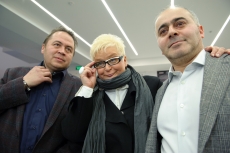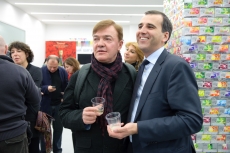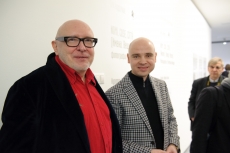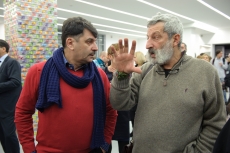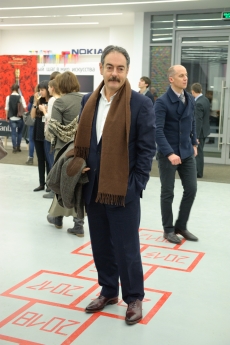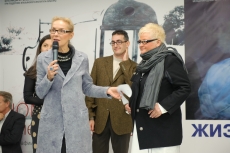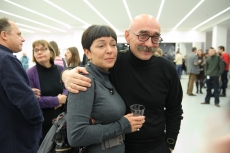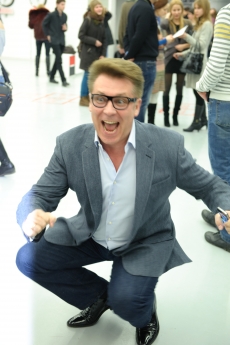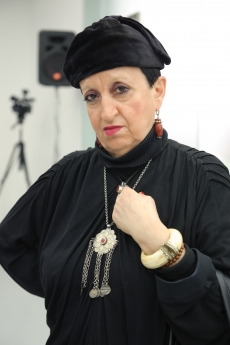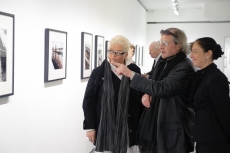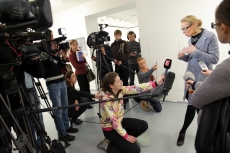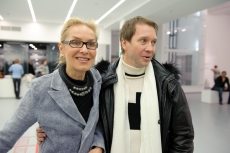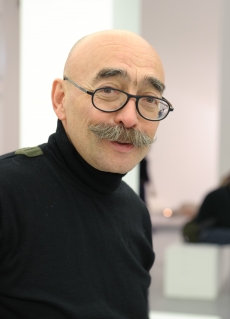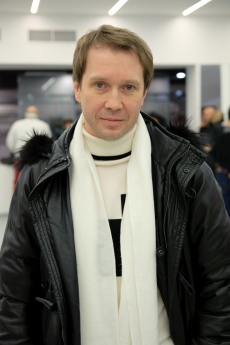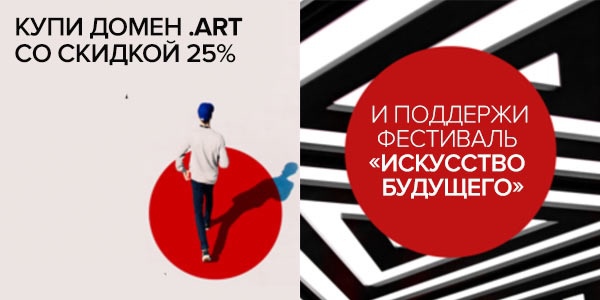NOMI, COSE, CITTA
Svetlana Konegen. From the "NOMI, COSE, CITTÀ" series
Svetlana Konegen. From the "NOMI, COSE, CITTÀ" series
Svetlana Konegen. From the "NOMI, COSE, CITTÀ" series
Svetlana Konegen. From the "NOMI, COSE, CITTÀ" series
Moscow, 25.01.2012—26.02.2012
exhibition is over
Share with friends
For the press
The feeling of affection towards a country which is not the one in which one was born or raised is something supernatunal (sometimes even irrational). It is a sense of belongingness based merely on feelings, a bond which is difficult to explain with words, a «love correspondence» as the poet Ugo Foscolo would say.
Without any doubts, visual arts, in the specific photography, are one of the most powerful means that man has at his disposal to represent what words cannot. They allow to visualize that special personal connection binding a human being to a certain place. «Nomi, Cose, Città» (Names, Things, Places) is all about this.
«Nomi, Cose, Città» is an intimate and sincere account — yes, intimate, sincere, warm, and real right because it was made with the help of an ordinary mobile telephone and not with a professional photo camera — of a few journeys around Italy. These are not a tourist’s trips — at the end of the day a tourist is someone who is always passing by (even if he comes back to the same place a few times). They are the trips of an «enchanted traveler».
In its essence, Svetlana Konegen’s photo exhibition is a picture book about love, love towards a whole country, its beauties and its oddities, its simplicity and its contradictions, its silences and its noise. However, this is also the representation of a reality, or better a series of concrete and tangible realities — what we see it does exist — with which anyone of us can start a personal dialogue regardless of the place when one was born or raised, or if one has been there or not.
Antonio Geusa
I have been asking myself the same question time and again: what is it that we Russian keep looking for with such perseverance in Italy? What do we find so special about it? Why do with look at this country with lover’s eyes? Year after year, century after century, age after age... Do we look at it with hope and tenderness the way we remember our half-forgotten childhood? The country of our half-dreams and sweetest half-desires hidden in the meanders of our memory?
Let’s admit it: Italy seen with the eyes of a Russian is not the same Italy that Italians see. To a certain extent, for the Russians Italy is the picture of Heaven on Earth. Probably, that heaven that we dream for ourselves, becoming then its rightful maker. At the same time, Italy is a real country, full of real people, with a live culture...
At this point I must ask a question: who is the author in this case? And who is the actor? Who has made whom? We Russians our Italy? Or is it Italy that has created us, her eternal admirers, her passionate lovers, her adorers?
We like it or not, art, the modeler of the world, is first of all a knowledge process, regardless of the way it manifests itself. Today the quickest and most reliable means to understand the world is the formation of life itself. Why? Simply because art has now reached such a evolution stage, such a level of reflection (mainly thanks to the new technological instruments) that through art it is possible to flow into life.
For this reason it was a simple and natural step for me to swap the photo camera with a conventional I-Phone, a tool that for many of us has become a third hand, a third leg, a third eye, or even a new body organ grown thanks to surprisingly powerful and ingenious technologies. The I-Phone has proved to be an essential instrument in achieving knowledge, in learning and formulating the world. And that imaginary world that so uncannily looks like heaven for me has become that country which is commonly known as «Italy».
Svetlana Konegen

